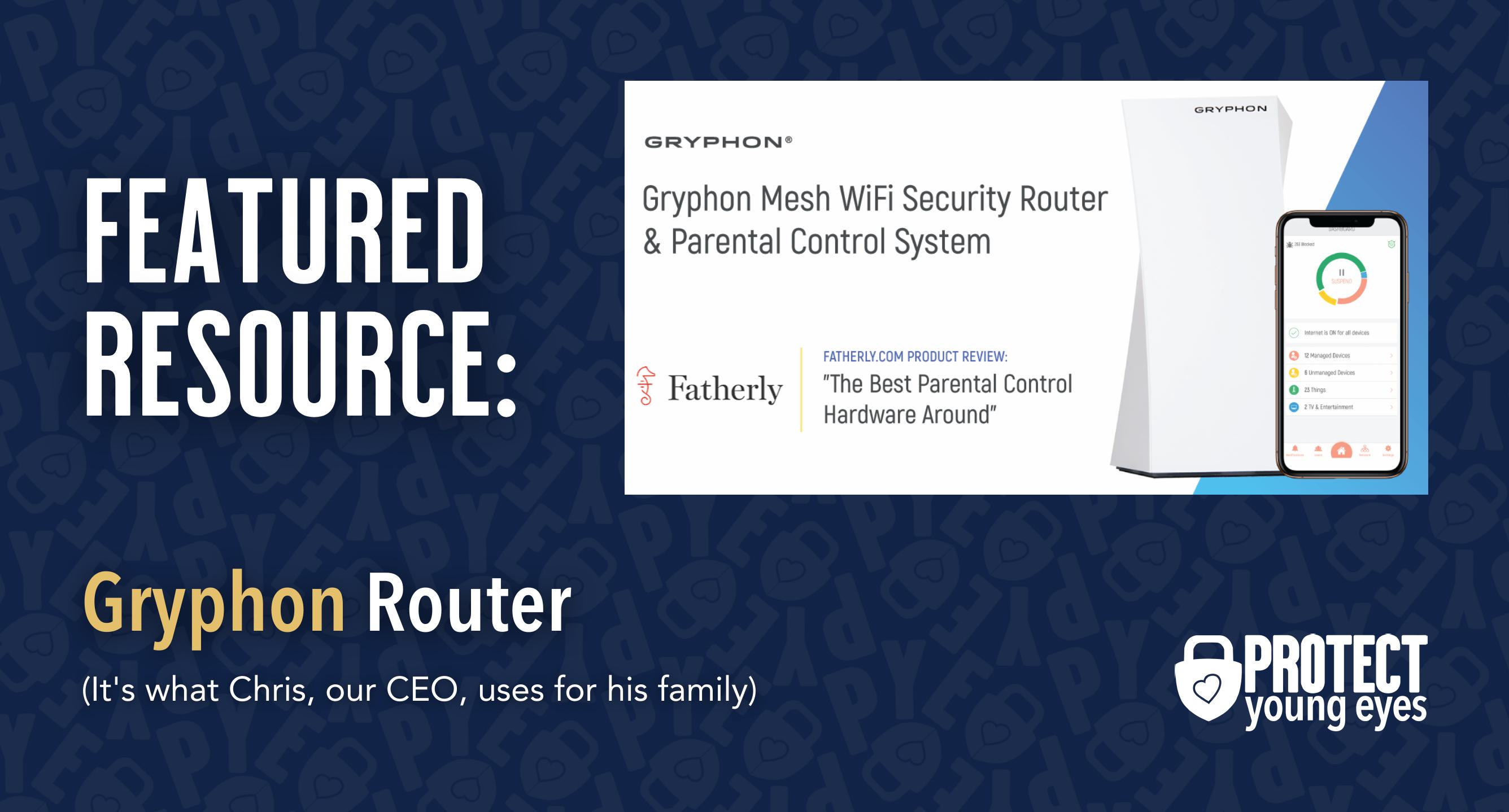Join the Movement - Sign the Delay Manifesto 📑



3 Reasons Summer Internet Risk Goes Up, Up, Up!
Many families are excited for an active, travel-filled, relative-visiting summer. We love all of these things! But each of these activities creates unique digital risks that awesome parents should monitor.
Summer brings 3 NEW factors that can raise digital risk:
1. NEW PLACES Create Greater Summer Internet Risks
In Michigan, between Memorial and Labor Day, many families enjoy time at the lake or some other warm-weather retreat. And, although sleepovers can happen throughout the year, they tend to occur more frequently during summer vacation with friends and relatives (like grandparents).
This year, when you head to the cottage, or kids spend more time at a certain friend’s house, or wherever you go, be sure to take an inventory of how your family can access the internet. Then guard those doorways, in the same way you filter and monitor at home.
We suggest the following three layers of protection to mitigate summer internet risk:
- Guard the location – where kids use technology often dictates how they use technology. Sleepovers, bedrooms, bathrooms, and grandma’s house all increase digital risk. (see – 5 Most Dangerous Places for Kids to be Online)
- Guard the device – when the iPhone or Android isn’t using your WiFi, is it adequately controlled while using data? iPhones come with Screen Time parental controls and Android devices come with Family Link. Both of these solutions are free! The Gryphon router mentioned above also has controls that can be used over a data plan when not connected to home
- Guard the wireless router – remember, you are responsible for every click on your home’s router! When was the last time you thought about your router? Try Gryphon – it’s great.

Speaking of new places, don’t forget about summer camps, which seem to be experiencing a resurgence in popularity as parents seek out more screen-free experiences. We’ve created a post with specific considerations before they leave!
Read more: Prepare Their Digital Devices for Summer Camp
2. NEW PATTERNS Create Greater Summer Internet Risks
During the school year, weekday bedtimes are regular and predictable. But, summer bedtimes are typically looser – kids stay up, enjoying sunshine later into the evening, bonfires with friends, and “just one more swim” or “one more time” around the block on a bike.
At Protect Young Eyes, we focus heavily on controlling internet access at night. In our experience, internet temptations are magnified at night. In quiet, dark moments, kids are more apt to click, share, or do things they might not do during the day. Darkness rules the web at night because whether you’re 14 or 40, you can rationalize anything online at midnight.
Remember to avoid the Toxic Trio, where BEDROOMS + BOREDOM + DARKNESS, along with internet access = increased digital risk.
This means you might want to shut off internet access after a certain time, leaving talk and text available for emergencies. Blocking internet and social media access at night can help decrease summer internet risk this year.
Better yet, get those devices out of the bedroom at night! You can even model this behavior as the parent, by removing your device from your bedroom at night as well.
Special Consideration for Teen Drivers: for your teenager, this might also mean driving more at night and with larger groups of friends, thereby increasing the in-car risk of using technology. If your child has an iPhone, there’s the handy Do Not Disturb While Driving feature that can be locked in Restrictions.
You can learn how to enable this feature through Apple’s support article here: How to Use Do Not Disturb While Driving.
You can also LOCK in this feature through the iPhone’s Restrictions, which is really handy, by following the sequence of steps below:
Settings -> General -> Restrictions -> 4-Digit Code -> Do Not Disturb While Driving -> Don’t Allow Changes
For Android users, we did a bit of research and the one that looks the most promising is from True Motion (but we haven’t tested it, so please let us know if you like it or if you have another suggestion).
3. NEW PEOPLE Create Greater Summer Internet Risk
Just due to having more time, kids hang out with new people during the summer and in larger groups. Parents might have to be more vigilant about who their kid is hanging out with, and whether or not the situation increases the risk of using the internet poorly.
An important question to ask yourself often is, “Do I know enough about the internet rules in each home where my kid is spending time this summer?”
Parents often ask me, “Chris, how do I talk to a family I don’t know very well about their internet rules?” And, my response is underwhelming – “I don’t know! Pray, practice, bake some banana bread, smile, and be kind.” Try to keep the judgment low (don’t make it seem like you’re the queen or king of internet safety) and just be honest about the things that worry you.
Because we do know that your child is only as safe their friend with the weakest digital rules.
Consider the ideas in this video related to friends who might want to show your child something on a device:
Your Homework for this Summer:
Remember: New Places, New Patterns, and New People can create greater digital risks. Apart from those specific changes that summer often brings, we want to mention a rising issue that is affecting more and more teens with each passing year.
This is the problem of sexual extortion – commonly named “sextortion.” This is when someone either tricks or convinces another person to send a naked image of themselves, and then threatens to share it everywhere unless they do X, Y, and Z. Most times, it’s a request for money. Sometimes, it’s a request for more content.
Kids caught in sextortion feel powerless, full of shame, and are so afraid to ask for help that they often try to handle it themselves. But the scammer will always ask for more, it’s never enough. Sometimes, kids feel as if they don’t have any options at all.
So, what do you do? Well, here’s YOUR homework for this summer:
Read through our post, “What is Sextortion? A Prevention and Response Guide for Families."
Even if you are positive that your kid would never engage with others online this way or fall for something like this. Even if your child doesn’t have a phone or social media. The reality is that no one ever thinks this will happen to their child, yet in 2023 the National Center for Missing and Exploited Children (NCMEC) received 26,718 reports of financial sextortion. There are evil people online who trick and confuse great kids every day.
Do your best to prevent this from happening to your precious child this summer. And know you aren’t alone! Step by step. Chat by chat. We’ll show you how.
What if I have more questions? How can I stay up to date?
Two actions you can take!
- Subscribe to our tech trends newsletter, the PYE Download. About every 3 weeks, we’ll share what’s new, what the PYE team is up to, and a message from Chris.
- Ask your questions in our private parent community called The Table! It’s not another Facebook group. No ads, no algorithms, no asterisks. Just honest, critical conversations and deep learning! For parents who want to “go slow” together. Become a member today!

A letter from our CEO
Read about our team’s commitment to provide everyone on our global platform with the technology that can help them move ahead.
Featured in Childhood 2.0
Honored to join Bark and other amazing advocates in this film.
World Economic Forum Presenter
Joined a coalition of global experts to present on social media's harms.
Testified before Congress
We shared our research and experience with the US Senate Judiciary Committee.


















